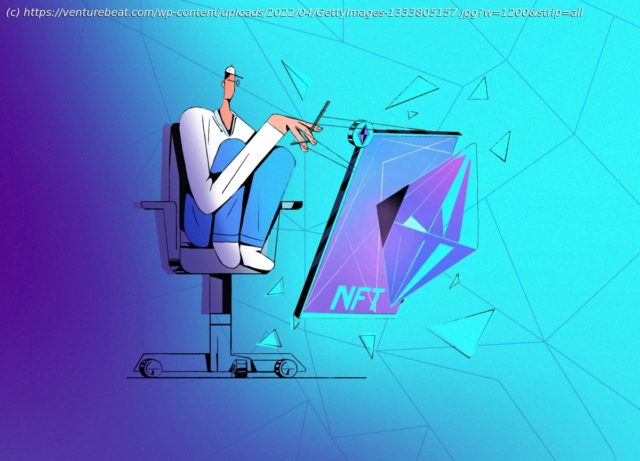DAOs support the principle of Web3 by replacing formal corporate hierarchies with community-owned structures without centralized leadership.
NFTs have come a long way since the first minting in 2014 of ‘Quantum’ on the blockchain. The market has experienced prolific growth, offering investors the ideal intersection between cryptocurrencies, traditional assets and digital ownership. As of May 2022, more than a million crypto users have bought or sold NFTs, and the global NFT market is expected to grow from USD 3 billion in 2022 to USD 13.6 billion by 2027.
Non-fungible tokens are unique digital assets held on the blockchain, giving holders of physical assets the opportunity to extend ownership into the digital realm for the first time. Such ownership can include a range of ‘real life’ collectibles from art, to fashion, sport and even physical objects. Since the introduction of the ERC721 token standard in 2018 and the breakthrough sale of “Everydays: The First 5000 Days” by Beeple in 2021, which marked the entry of NFTs into mainstream culture, NFTs have empowered communities of developers to invest, create and self-custody their own creative financial assets. NFTs are also seen to represent the next level of digital rights management. Increased hype around digital ownership of these assets has also drawn in art collectors, exploiting the gap between traditional and digital art while largely starting to attract broad audiences from gamers to celebrities to crypto enthusiasts.
It is important to understand that NFTs are not merely collectible images. The biggest NFT collections, like Bored Ape Yacht Club, Azuki, RTFKT and Loaded Lions, have emerged as mainstream brands and Intellectual Property franchises whose ownership is shared between their creators and the owners of each NFT unit. Each of them conveys a specific world view, brand narrative and visual imagery. Just like Marvel characters or Transformer toys, they appear on branded merchandise, feature in physical and virtual events, and are expected to give rise to video game franchises.
Shared ownership means that these brands have the potential to generate much deeper engagement with fan communities than traditional brands, which explains why mainstream brands like Nike, Hublot and DC have created or invested in NFT initiatives.






